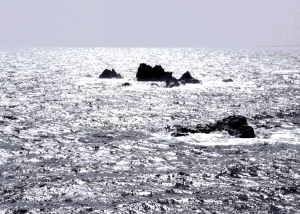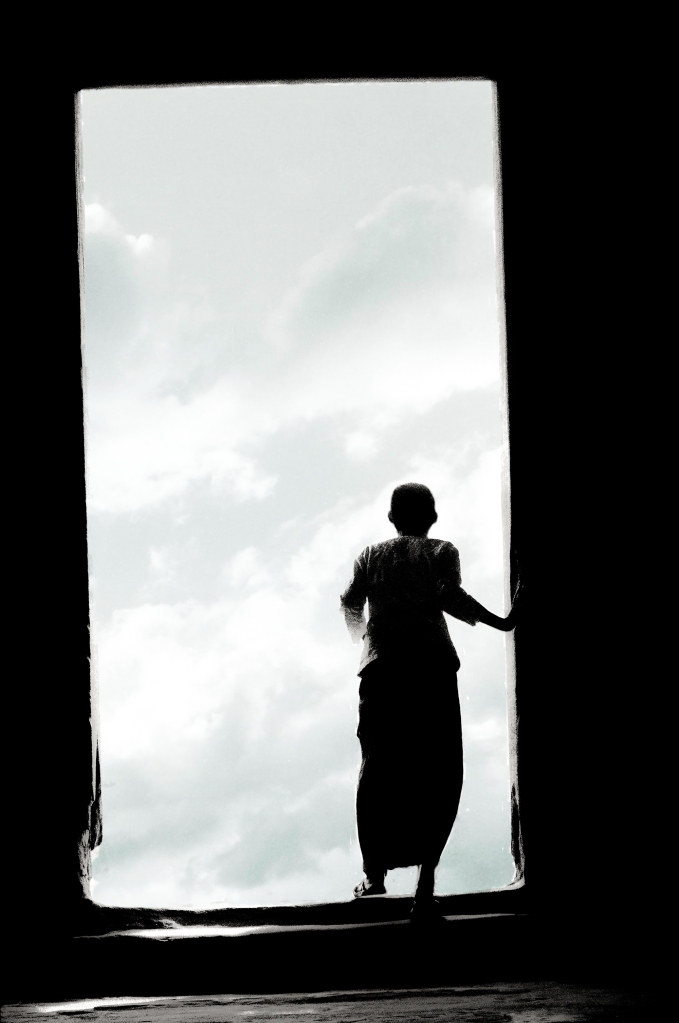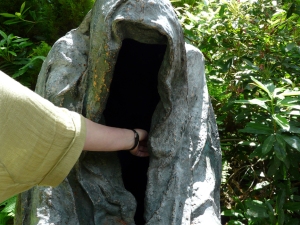We meet monthly, a group of local friends, offering workshops or discussing on a theme. Last we explored distractions, which, well, distracted us from other things that afternoon, like the rain outside, concerns about people being unwell, family, and the buffet waiting for us in the kitchen. Most of all, it made us present to each other. I share here my reflections on the theme after our discussion. A dictionary definition of distraction is: To cause to turn away from the original focus of attention or interest; divert.
We listed outer distractions – basically life’s realities, though they tend to get in the way of more immediate objectives and disturb our peace of mind:
Physical pain, noise, smells, temperature, food, weather, world news, politics, economics, ecology, bills, insurance renewals, nuisance calls, other people’s feelings and projections, family demands, accumulated clutter, maintenance tasks, bureaucracy, lack of response to a query, mail, internet, waiting … little things … we agreed that negatives can turn positive 🙂
Life’s demands tumble into our oscillating mind patterns as dissonances that excite or inhibit our well-being. Conflict results when we resist what’s happening. We may suffer loudly or in silence, or distract ourselves from unpleasant distractions through the innumerable uplifting or numbing sensations our culture offers.
As our discussion spiralled, we homed in on personal routines for dealing with distractions. They differed for each of us, depending on mood, attitude, the state of our nervous system, and the importance of the disrupted task. Days when everything is an effort are made up for by days when everything flows – bliss.
We went on to explore inner distractions, often reactions to outer ones.
Worries, anxieties, despair, obsessive thoughts, anger, pressure of deadlines, excessive associations and ideas, day-dreaming, nagging conscience, hesitations, doubts, guilt feelings, hastily given promises, boredom, pending obligations …
Regarding hesitations and doubts, the term gut-feeling came up. Can it be trusted? Somatic memories may trigger avoidance, a signal to protect us from danger, though the signal could equally sabotage our desires and deeper needs, whereas a higher level intuition might encourage us to re-evaluate what seems obstructive, and take a risk.
We find it exhilarating to watch wild animals chase prey, with total focus and concentration, fulfilling a vital need, which is why competitive sports are so attractive, where a clear and undivided attention towards a single objective gives an energy rush, even to the bystander. Having a passion, or specialising with narrow focus on mastering one skill or subject, is satisfying. 
Having nothing that fully absorbs us for periods of time, we may be be tempted to roam in a vast sea of beautiful glittering mirror shards that will reflect a fuzzy sense of ourselves. But that’s fine too.
I had various passions in my life, which eventually come circling round to writing. One of my blog posts from last year contains a small excerpt from my second novel, where a character, Cara, shares a slice of the random processes of her mind. She turns out to be the myth-maker, the storyteller. If you’re a little peculiar, like me, you’ll grok this: https://courseofmirrors.wordpress.com/2012/05/10/the-wild-horse-of-the-mind/
I’m a dreamer. Like Cara shares in the excerpt, I occasionally like to let the horse of my mind run wild. I find wild things that way. Random, for better or worse, functions as the creative trickster in my writing, where distractions become allies. Sure, countless mental prompts heap up and demand execution. I procrastinate, adopting patience. My nagging voices are not jailers. They’re easily humoured until the time is right for a blitz of action.
In technological advanced societies, where the struggle for physical survival is being replaced by a struggle for identity, or its new definition, ‘brand,’ distracting prompts accumulate quickly. On the virtual stage I must become visible and speak up in order to engage with others. Love or hate the screens, messages keep wavering by. I become a switchboard for exceedingly complex influences. When switched on, I’m plugged into a bigger brain, the vast extensions of a collective nervous system. There is a challenged to assimilate differences and fast-changing knowledge. This calls for tolerance like never before. The Twitter stream, for example, of succinct messages and links, can be dizzying. However, if monitored and surfed with purpose, the information flow cuts through swaths of mindless, sensational news and opens meaningful connections across the world.
Fewer people are born into the blueprint of a tradition that defines them in terms of their roots, their country or family. The question – where do you come from – is shifting to – where do you put yourself, and to what purpose do you channel your energy? 
Information available, the privileges we have, the choices and commitments we make, require astute intelligence of the heart, flexibility of mind, and they come with responsibilities. In today’s shadow play, we see people confront injustice head-on at the risk of becoming sacrificial heroes, which takes more courage than fighting a dragon. Others, like me, play subtler games. Those who have not found a purpose in their lives may get carried along by the sensation of it all, and continue searching for what matters most, for their deeper need.
So these are my reflection on the theme of distraction our friend introduced. We closed the meeting with a silence – an excellent practice for evoking a blank canvas/screen to re-draw one’s track on. Our time sees distractions speeded up, exposing us to multiple perceptions, some of them abhorrent to us, some of them uplifting. It is freed psychic energy that needs channelling. To develop a useful strategy for dealing with psychic energy we must look inside ourselves to find our homing device, our purpose, new communities, and new meaning.
I hope my reflections make you think about how you deal with distractions.
* * *
Just discovered – a brilliant article in relation to our speedy electronic communications, it looks at the glitches that can reveal something truly distracting, and sobering … the mortifying ordeal of being known
http://opinionator.blogs.nytimes.com/2013/06/15/i-know-what-you-think-of-me/?smid=fb-share&_r=2&













